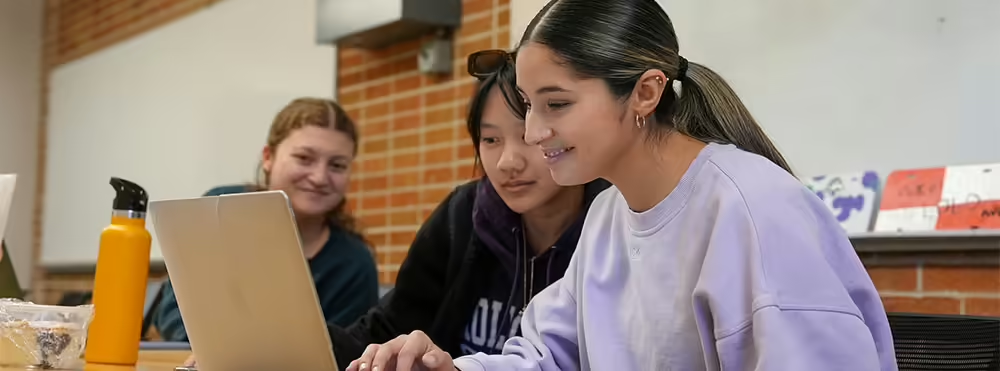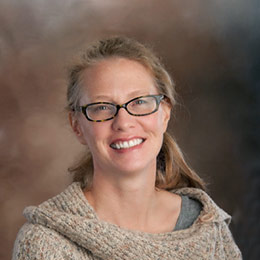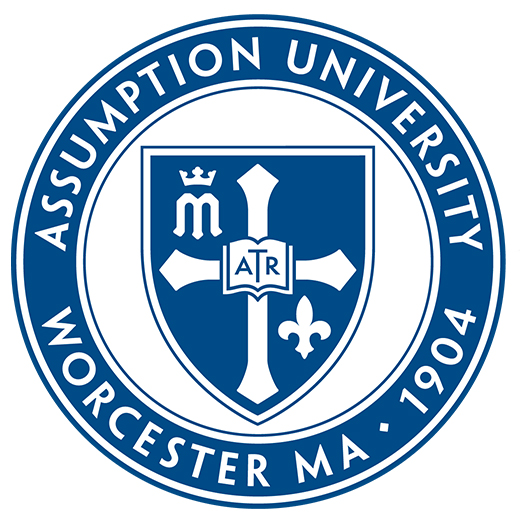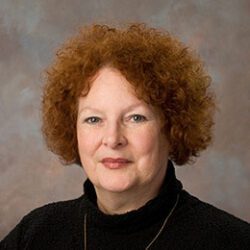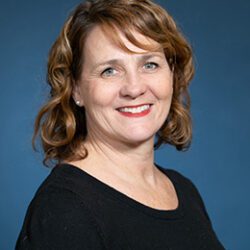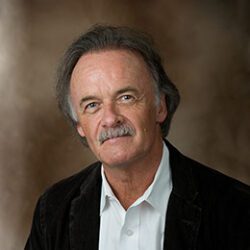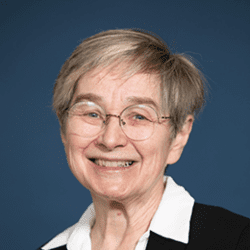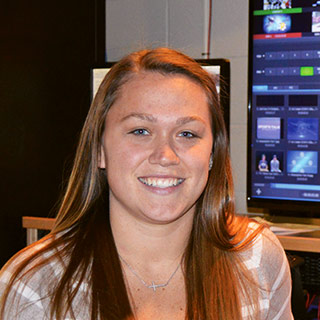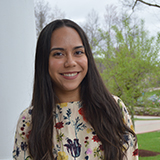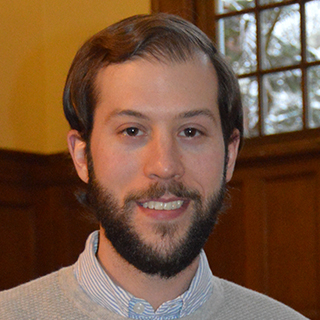Why Study English at Assumption?
The English program has courses in writing, literature, and communication and media that will push you to become a confident and persuasive writer and a critical thinker able to read between the lines, detect unstated assumptions, and trace the logic and implications of an argument. Internships and opportunities in Worcester and on campus provide an array of options for gaining valuable real-world experience.
A bachelor’s degree in English at Assumption University will challenge you to address profound and enduring questions about what it means to be human. Choose to major in English or double-major in English and Education. As a student in this department, you will learn to use your writing to discover and develop ideas and arguments for a variety of audiences, gain a more informed understanding of cultural and historical differences, and be inspired to take intellectual risks. At the same time, you will be preparing for success in the classroom and your career by learning to read carefully, write fluidly, think clearly, and speak persuasively.
Faculty
Experiential Learning
Assumption's Rome Campus
At Assumption's campus in Rome, Italy, the city and the country become your classroom through daily and weekend-long excursions throughout "the eternal city" and the Italian countryside. This unique study abroad experience will enrich your academic and cultural pursuits as you walk in the footsteps of emperors and gladiators then enjoy delectable Italian cuisine or perhaps a cappuccino after class in a local cafe. (Did you know that your financial aid follows you to Rome?)
Explore the Rome CampusLearn the Skills Employers Seek
Faculty/Student Research
The Assumption curriculum encourages scholarly and real-world experience. With hands-on research conducted alongside faculty mentors, students gain a depth of knowledge and skills that lead to professional success and personal fulfillment.Study Abroad
At Assumption University, the world is your classroom. Students can study and explore abroad in over 50 places from Vienna to England, South Africa, and even our own campus in historic, yet modern, Rome, Italy. Assumption’s study abroad program offers culture, history, and a living classroom for all.Internships
Assumption starts planning for your future the day you arrive on campus. Our Career Development and Internship Center helps students secure exciting and fulfilling internships where you’ll apply knowledge obtained in the classroom in a professional setting, preparing for a future career or additional study. Assumption connects students to internship opportunities in corporations, government agencies, research hospitals, non-profit organizations, and more.Pathways to Success
Graduates majoring in English or Communication and Media work in a broad range of fields and professions, from television and radio broadcasting, journalism, social media marketing, publishing, and strategic communications to law and education.
The Grand Central Neighborhood Social Services Corporation
Churchill School and Center, New York City
Davis Publications
Peabody Essex Museum
Consigli Construction Company
MLB.com
First-rate Academics in a Catholic University Setting
Assumption University awakens in students a sense of wonder, discovery, and purpose, forming graduates known for their intellectual seriousness, thoughtful citizenship, and devotion to the common good. Students are provided an education that shapes their souls, forms them intellectually, and prepares them for meaningful careers. Enlivened by the harmony of faith and reason, here, students’ minds and hearts are transformed.
Career Paths
Internships
English majors are strongly encouraged to gain career experience and course credit through an internship in their field of interest during their junior or senior year. Internships for academic credit give students practical, hands-on experience, allowing them to explore their career choices before graduating.
The English Department at Assumption University offers internships at more than 70 professional sites in central Massachusetts and beyond. Students can intern with publishing companies, newspapers, magazines, nonprofit organizations, theaters, radio stations, television stations, political organizations, internet providers, public relations groups, and advertising agencies.

